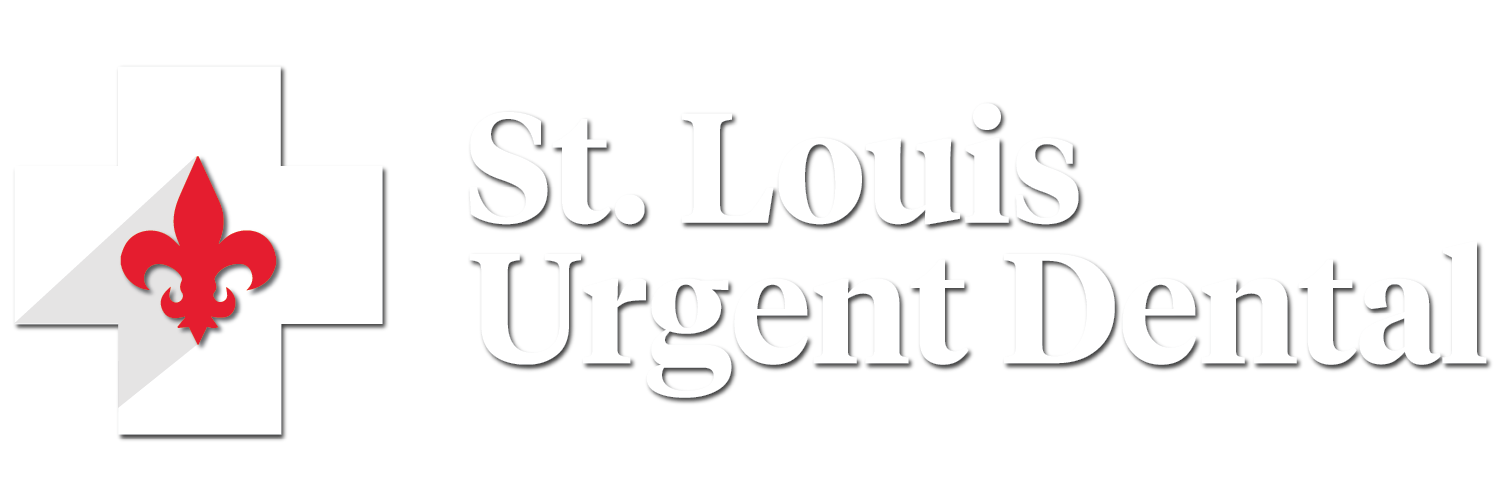9 Habits and Conditions That May Be Affecting Your Oral Health
Maintaining good oral health is crucial for overall well-being. Yet, many people overlook the significant role that lifestyle choices play in the health of their teeth and gums. From smoking and excessive alcohol consumption to sugary drinks and poor dietary habits, various factors can have a profound impact on oral health.
Let's explore how these lifestyle choices affect your oral health and what you can do to maintain a healthy smile.
Smoking and Oral Health
Smoking is not only detrimental to your lungs but also wreaks havoc on your oral health. The chemicals in tobacco smoke can irritate gum tissue, leading to inflammation and increasing the risk of gum disease. Moreover, smoking restricts blood flow to the gums, impairing their ability to fight off infection and heal properly. Over time, smokers are more likely to experience tooth loss and other serious oral health issues. Quitting smoking is essential for preserving the health of your teeth and gums, and seeking support from healthcare professionals can significantly improve your chances of success.
Alcohol Consumption and Oral Health
Excessive alcohol consumption is another lifestyle factor that can harm your oral health. Alcohol dries out the mouth, reducing saliva production and creating an environment conducive to bacterial growth; this increases the risk of cavities, gum disease, and even oral cancer. While moderate alcohol consumption may not pose significant risks, it's essential to be mindful of your intake and practice moderation. Drinking plenty of water can help keep your mouth hydrated and flush out harmful bacteria, promoting better oral health.
Soda and Carbonated Drinks
Sugary drinks like soda and carbonated beverages are a significant culprit behind tooth decay and erosion. These drinks contain excessive sugar, which bacteria in the mouth feed on, producing acids that attack tooth enamel. Additionally, the carbonation in these beverages increases their acidity, further eroding enamel and weakening teeth. Limiting your consumption of sugary drinks and opting for water or unsweetened beverages can significantly reduce your risk of dental problems.

Diet and Oral Health
Your diet plays a significant role in your oral health. A balanced diet rich in vitamins and minerals is essential for strong teeth and healthy gums. Foods high in calcium, such as dairy products and leafy greens, help strengthen tooth enamel. At the same time, fruits and vegetables containing vitamin C promote gum health.
Conversely, a diet high in sugary and acidic foods can contribute to tooth decay and gum disease. By making smart dietary choices, you can support the health of your smile and reduce your risk of oral health problems.
Importance of Brushing
Brushing your teeth twice daily is one of the most essential habits for maintaining good oral hygiene. Proper brushing removes plaque and bacteria from the surface of your teeth, preventing cavities and gum disease. Using fluoride toothpaste and a soft-bristled toothbrush is essential, and brush for at least two minutes each time. Remember to brush your tongue and the roof of your mouth to remove bacteria and freshen your breath. By prioritizing regular brushing, you can keep your smile healthy and bright.
The Significance of Flossing
While brushing is essential, cleaning between your teeth and along the gumline is not enough. That's where flossing comes in. Flossing removes plaque and food particles from areas your toothbrush can't reach, reducing the risk of cavities and gum disease. To floss effectively, use a piece of dental floss or an interdental cleaner to clean between each tooth gently, making sure to reach the gum line. Flossing into your daily oral hygiene routine is crucial for optimal oral health.
Ignoring Tooth Pain
Ignoring tooth pain is never a good idea. Toothaches often indicate underlying dental problems, such as cavities, infections, or gum disease. Ignoring the pain can allow these issues to worsen, leading to more significant problems and potentially requiring more invasive treatment. If you experience tooth pain or discomfort, don't hesitate to contact your dentist for an evaluation. Early intervention can prevent the progression of dental problems and save you from unnecessary pain and expense.
Oral Health and Systemic Diseases
Your oral health is closely linked to your overall health, and poor oral hygiene can contribute to systemic diseases such as heart disease, diabetes, and respiratory infections. Bacteria from the mouth can enter the bloodstream and travel to other parts of the body, causing inflammation and increasing the risk of these health conditions. Regular dental check-ups and professional cleanings are essential for detecting and treating oral health issues early, reducing the risk of complications, and protecting your overall health.
Age and Oral Health
Our oral health needs change as we age, and maintaining good oral hygiene becomes increasingly essential. Older adults are more susceptible to gum disease, tooth decay, and oral cancer, making regular dental care necessary for preserving oral health. Practicing good oral hygiene habits, eating a healthy diet, and avoiding harmful habits like smoking can help seniors maintain strong teeth and gums as they age.

Call STL Urgent Dental Today
Your lifestyle choices significantly impact your oral health. By making healthy choices and practicing good oral hygiene habits, you can protect your teeth and gums and enjoy a lifetime of healthy smiles. Remember to brush and floss regularly, limit sugary and acidic foods and drinks, and avoid smoking and excessive alcohol consumption. Your oral health is worth the investment!
Our St. Louis Urgent Dental team is here to help with your urgent, after-hours dental needs! We are open seven days a week (until 9 pm on M-F). We are ready to help with dental emergencies, including root canals, crowns, socket grafting, extractions, implants, broken teeth, and more.
Our procedure pricing and other details are on our website. Schedule an appointment, and you'll be smiling again in no time!









